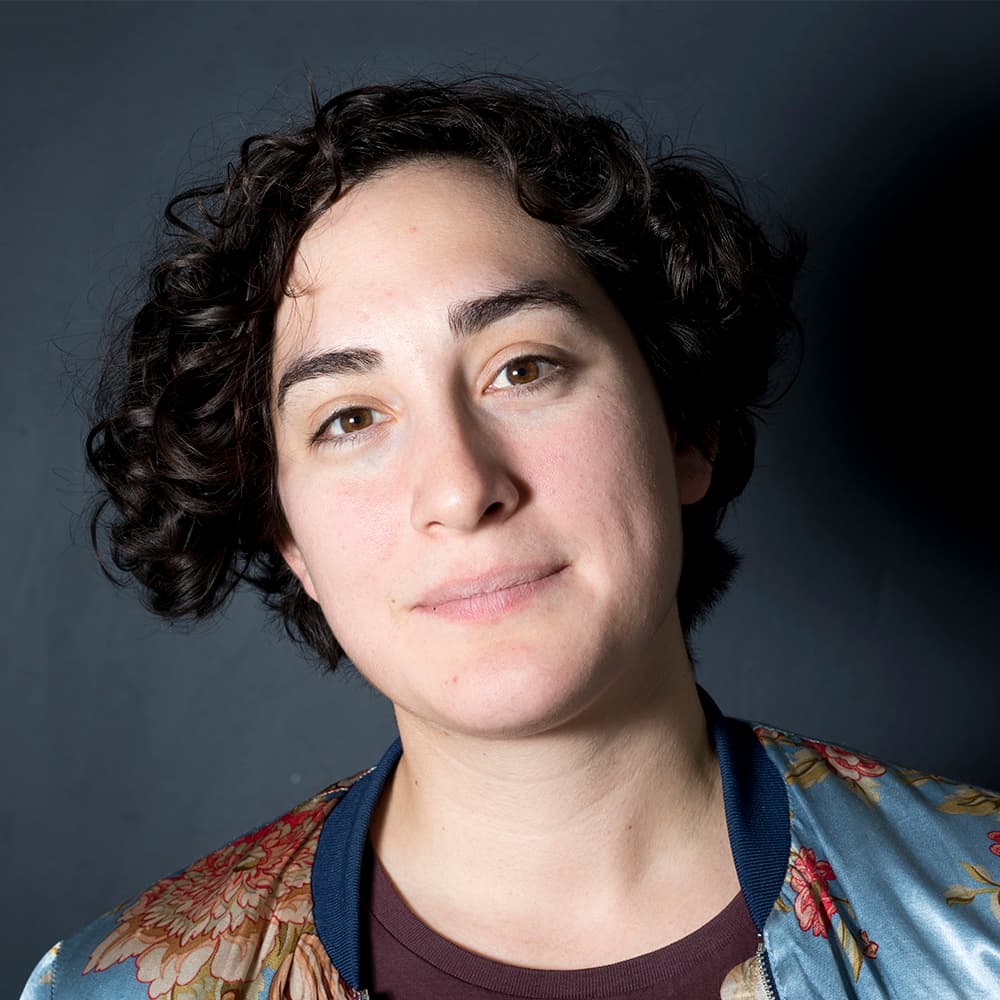
Councilwoman Mary Beth Susman wants Denver's 2018 budget to include development for a Denver Transit Office.
The mission would be to create inexpensive transit in underserved areas of Denver by partnering with public and private transit providers, in addition to researching future innovative transit solutions.
Why not? RTD has to serve a corridor that stretches over 2,340 miles. Denver is a slightly more discreet 153 square miles.
In fact, how did Denver even get lumped in with RTD in the first place?
Quick history
Denver actually did have its own transit authority in the 1970s. It was a replacement for the Denver Tramway Company, which was an organization that began operating Denver's streetcars.
Streetcars left daily life in Denver by the 1950s, wrote Kevin Pharris in his book Riding Denver's Rails: A Mile-High Streetcar History. But the city still had public buses, which were operated by the DTC.
By 1970, the switch to a car-centric lifestyle had effectively crippled DTC. In November of that year, the city voted to take on their responsibilities with a $4 million bond. Thus Denver Metro Transit was born.

But within two years, Denver Metro Transit was "teetering on the edge of bankruptcy," wrote Sherah J. Collins in her book.
By 1974, Denver voters decided the city would sell Denver Metro Transit to RTD.
How would a new transit authority be any different?
A new Denver Transit Office wouldn't be seeking to replace or supercede RTD's functions, first of all. In fact, it mostly seems like an opportunity for Councilwoman Susman to pursue her bailiwick of microtransit.
Back in October, Susman expressed her interest in bringing a company to Denver that would use passenger vans to take groups of up to 12 people to their location. The concept is more or less like Uber, except with pop-up bus stops based on your location.
"In the places where dynamic routing has taken place, it is generally a service of the RTD-like organization that that city has," she said. "But if they don't want to do that, and that's been my experience so far, they've just got their hands full with the light rail, they don't have the resources to think about that, we'll just have to take the reins in our own hands."
Would this take away from RTD's investment in Denver?
"If we had other kinds of transit, we'd actually increase ridership," Susman said. "We're going to add to the pool of riders."
RTD, for its part, is cool with the concept of the office.
"It sounds like the initial idea being discussed is to explore the possibility of creating what is known as an “overlay” authority that can collect additional funding for additional projects above and beyond what the existing agency can provide," said RTD Spokesperson Scott Reed over email.
"We don’t have any fundamental issues with this approach, and like most things it would come down to the details," he said.












